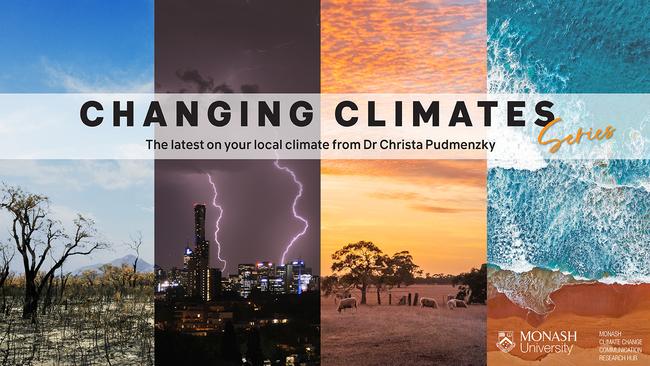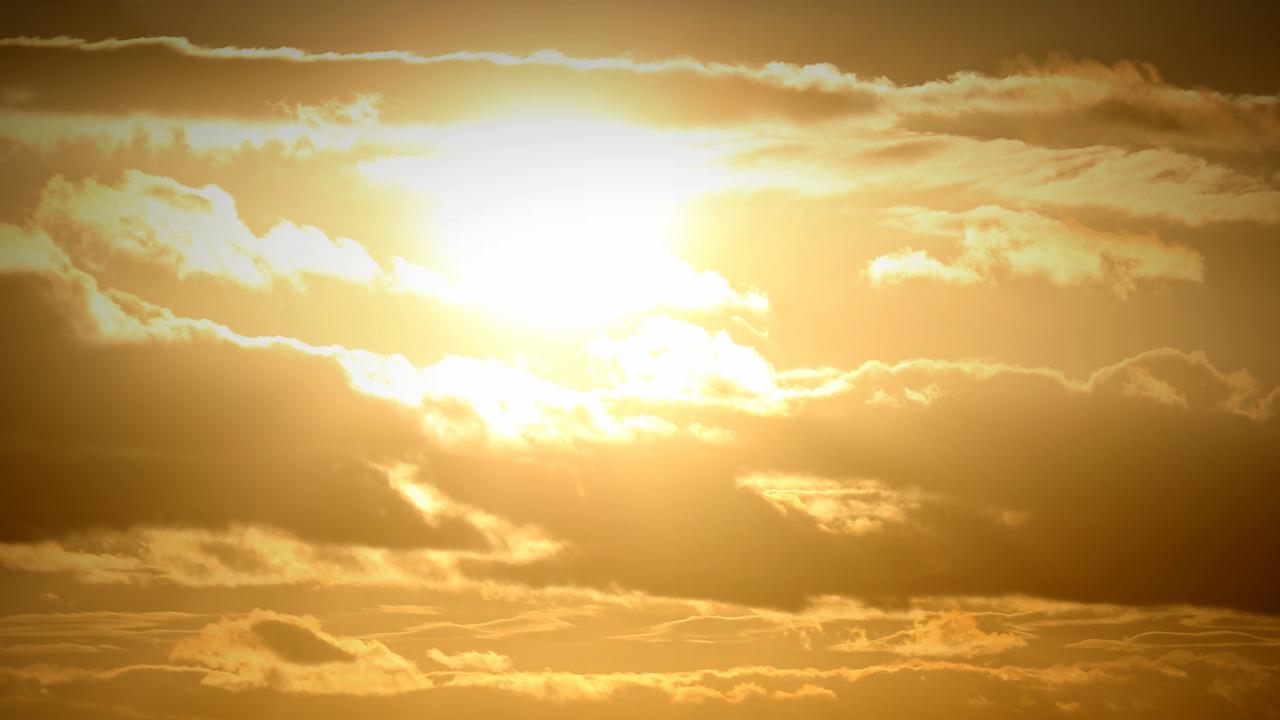There's nothing cool about climate change warming our winters
Host of South Burnett's Changing Climates series, Dr Christa Pudmenzky, explains how our local climate is changing. Plus, how do warmer winters impact our bushfire season?

Hyperlocal
Don't miss out on the headlines from Hyperlocal. Followed categories will be added to My News.
Human-generated greenhouse gas emissions are driving increases in temperatures, leading to more extreme weather.
Even if we make considerable cuts to emissions between now and 2040, we'll see further changes to our climate before it begins to stabilise.
In this 'medium emissions scenario', it is projected that by 2050, a typical winter night in South Burnett will be around 7C, sitting in the range of 6.5C and 7.8C.
This is 1.8C warmer than in 1995.
We're likely to catch a glimpse of these warmer temperatures this winter, with the Bureau of Meteorology forecasting warmer-than-usual winter nights.

Why does 1.8C matter?
While the weather describes short term atmospheric changes and can fluctuate daily, the climate describes these conditions over long periods of time.
Even small changes in our climate, like a 1.8C increase in average temperature, can translate to our weather being more unpredictable, and increase the risk of extreme conditions.
For instance, when combined with periods of low rainfall, warmer winters make many areas more susceptible to bushfires later in the year.
This is because winter heat dries out soil and vegetation, leading to higher fire fuel loads.
As a result, our bushfires are getting far more intense and difficult to prepare for, as we saw with the unprecedented Black Summer fires in 2019 and 2020.
Additionally, economic costs – including bushfire management, damage to and loss of infrastructure – already sit around $300 million per year, but are projected to almost triple by 2050.
So while many of us may welcome warmer temperatures during a chilly winter, the extra heat is a symptom of climate change with effects felt well beyond the cold season.
However, with large-scale emission reductions, we can limit the increase in South Burnett's temperatures, and in turn, protect our planet from the most extreme impacts of climate change.
Changing climate quiz for South Burnett:
Want more information on how your climate is changing? Check out the last article in this series.
Dr Christa Pudmenzky is a climate scientist at the University of Southern Queensland.
This column is part of a collaboration between Monash University and News Corp to deliver hyperlocal weather and climate information.

